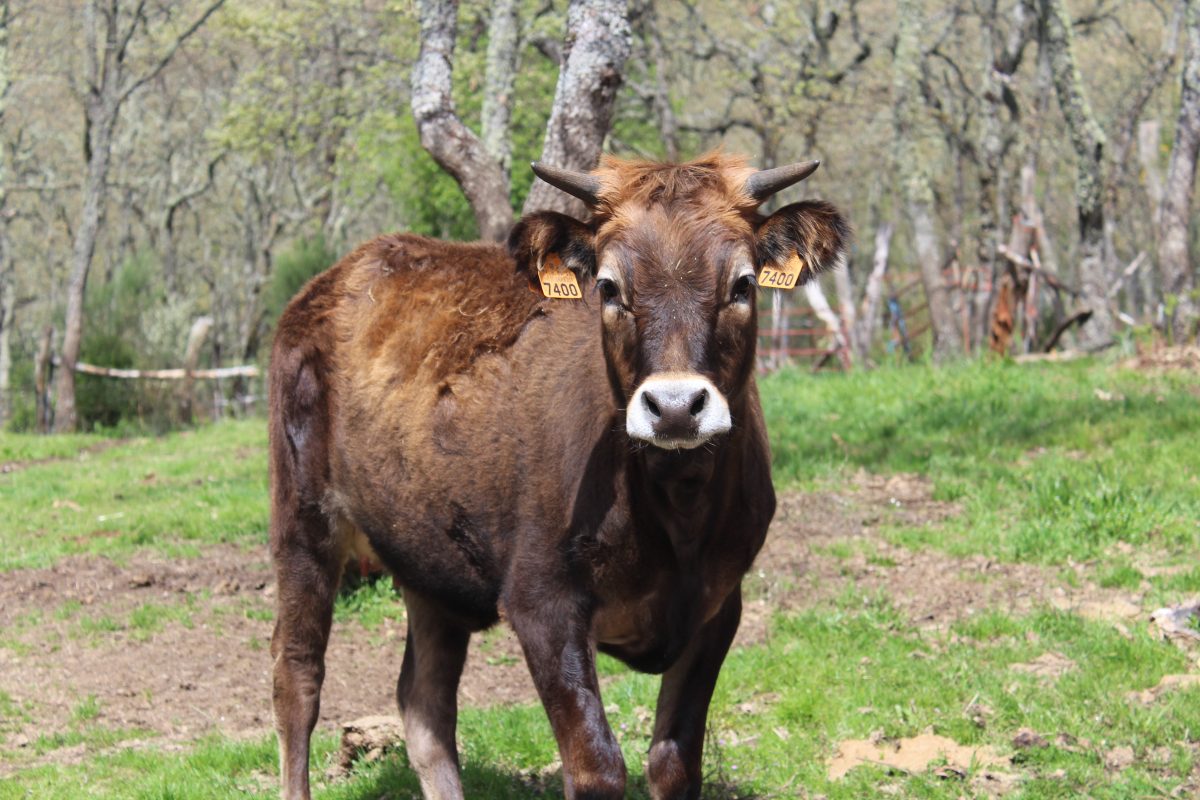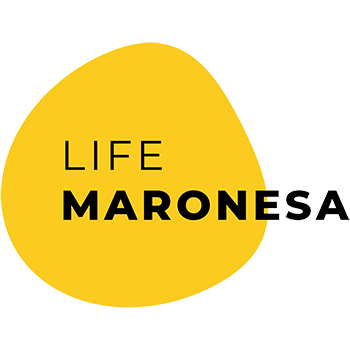Title
Market Awareness of Opportunities for Extensive Livestock and Sustainable Agriculture
Acronym
LIFE MARONESA
Reference
LIFE19 GIC/PT/001285
Project Deadline
01/10/2020 – 30/09/2025
Total Project Budget
2,008,298 €
EU Financial Contribution
1,095,293 €
Race
Maronesa is a bovine breed originating in the north of Portugal, whose meat is protected by the EU’s Protected Designation of Origin (DOP) regime. The reduction in grazing activity and the consequent abandonment of highland rangelands in recent decades has resulted in increased shrub growth and loss of good quality perennial rangeland. Not only does this reduce carbon storage in soils, but it also, along with climate trends, increases the risk of wildfires, which further exacerbate these problems.
Goals
LIFE MARONESA is a Governance, Information and Climate Action project, which aims to implement strategies to adapt to climate change through a sustainable model of extensive livestock production.
Addresses the issue of abandonment of mountain pastures, particularly in community common areas, the increase in the intensity of summer rural fires, the reduction of the stock of carbon sequestered in soil organic matter in mountain areas and the reduction in the number of breeds. bovine Maronesa.
Its main objective is to improve the climate resilience of livestock farms and promote increased carbon retention in soil organic matter.
The project is based on a demonstration model of sustainable agricultural and livestock practices, which has been implemented by a vanguard producer, and which will be implemented in four replication areas, through producers who follow this exploration model.
The intervention areas are located in the 4 most representative municipalities of Solar da Raça Maronesa, Vila Pouca de Aguiar, Vila Real, Ribeira de Pena and Mondim de Basto, the region with the highest number of Maronesa cattle farms.

What we do?
- We promote the transfer of knowledge between cattle ranchers, local population and final consumers;
- We monitor, evaluate and communicate the ecological, social and economic results obtained with the application of implemented agricultural and livestock practices;
- We contribute to improving understanding and enlightenment about the benefits of extensive livestock;
- We replicate a sustainable livestock production model, adapted to climate change, on a larger scale, with transfer to other territorial areas.

